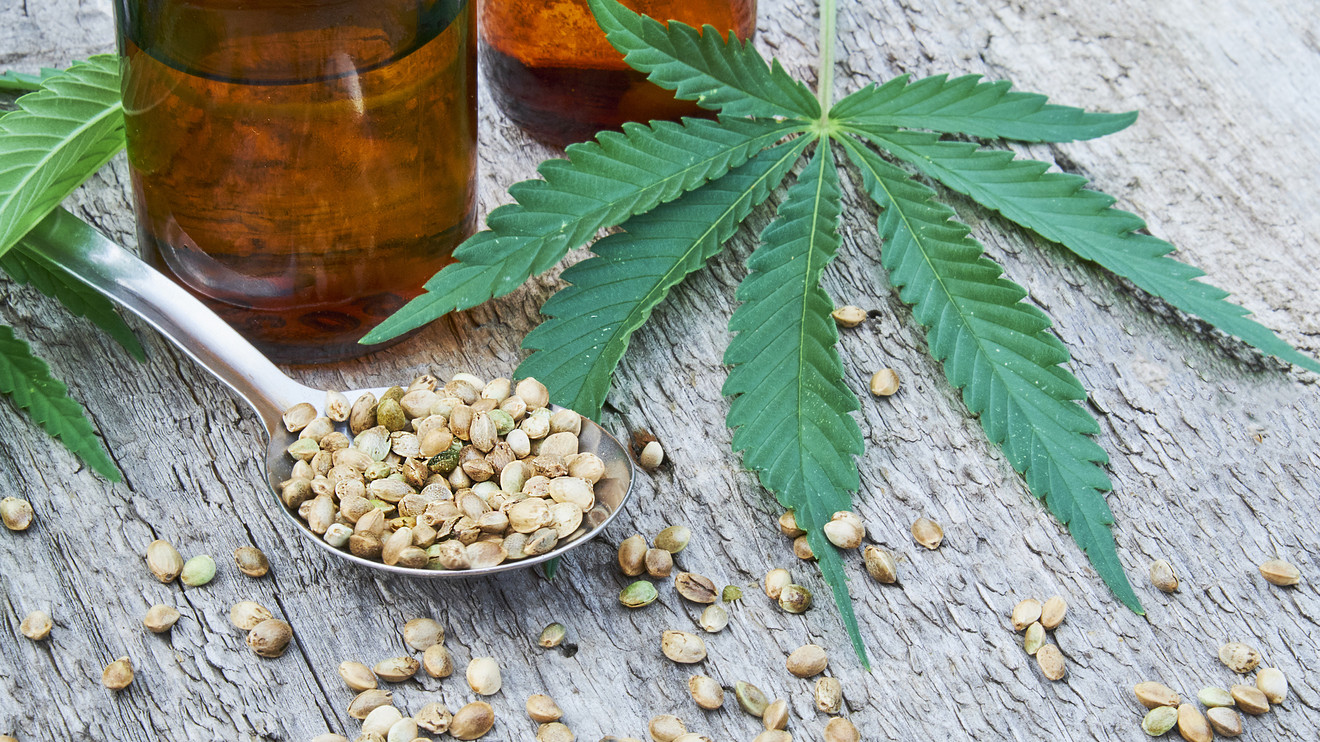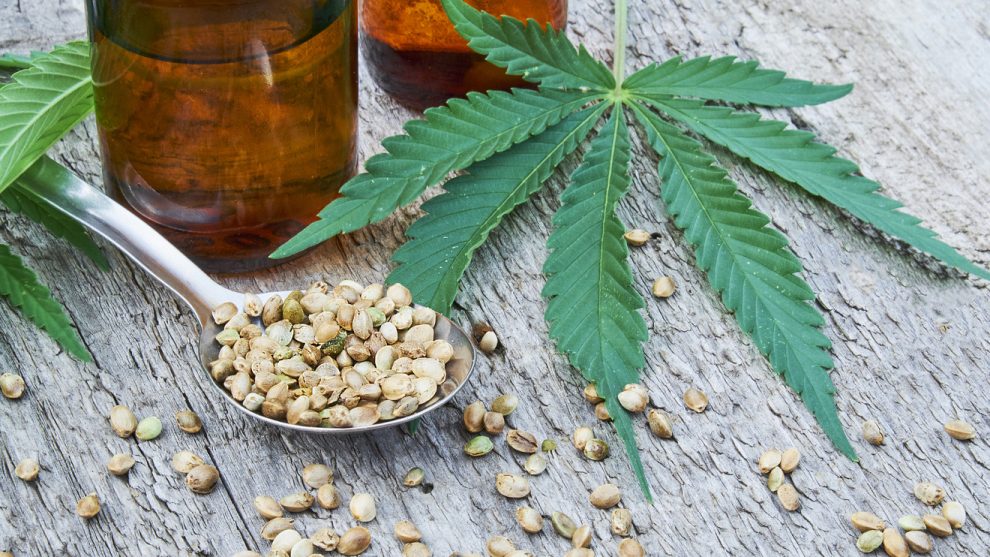
Love & Money is a MarketWatch series looking at how our relationship with money and consumerism impacts our relationships with significant others, friends and family.
Parenting has its highs.
But it also has its lows. And for that, some parents are turning to cannabidiol, or CBD, a marijuana extract that users say helps curb anxiety and induce relaxation — without the high of smoking pot.
Take stay-at-home mom of two Jo Highland, who says that CBD helps her manage parenting stress and more calmly juggle responsibilities. “I have a husband who has a high-demand job with long hours and travel, so I am the one taking the kids to and from school, to gymnastics, to swimming,” the 38-year-old Ohio resident tells MarketWatch. “On a day I know it’s going to be high stress, I say, ‘Let me grab a [CBD-infused] seltzer.’ ”
Highland says she opts for CBD (her go-to brand is Queen City) rather than antianxiety medicine because it “doesn’t impair my ability to take care of my kids” but still “makes me feel really calm and takes my anxiety from a 10 to a 4.”
She’s part of a growing number of consumers taking CBD. While U.S. retail sales of cannabidiol were just $108 million in 2014, they grew to more than $512 million in 2018 and are expected to hit $1.15 billion in 2020, according to data from Statista. And younger people are often the main consumers: A report by Eaze, a cannabis delivery company, found that the average age of a CBD consumer was 31. With many millennials forming families — more than a million millennials become moms each year, according to the Pew Research Center — it’s not surprising some are turning to CBD.
Marc Lewis, a 33-year-old digital marketing professional who lives in Raleigh, N.C., with two young children, ages 3 and 1½, is another one. “A dropper of CBD makes this dad more patient,” he tells MarketWatch. “It’s like the kids scream less and those tiny hands aren’t so sticky.”
Lewis takes it a few times a week (his go-to brands are Green Roads, Rosebud and Lazarus) to take “the edge off after a long day so I can lay on the floor and be a present father.” Rather than being frustrated by the kids taking the toys from their baskets and dumping them all over the floor — which on a non-CBD night “puts a shiver through my spine,” he jokes — he looks at the mess and just thinks, “Well, it’s gonna happen, it’s fine.” And while dining in restaurants with the kids used to fill him with dread — “I’m wondering, Will we make it through dinner? Will the kids eat their food?” — with CBD, “I’m not worrying about it as much,” Lewis, who is now the editor of hemp and CBD wellness site Remedy Review, says.
And for Maya Page, a 31-year-old Chicago-area creative director and mom, CBD has helped curb postpartum anxiety. “I have three kids now, and after having my first two I’d get these extreme panic attacks out of nowhere. I could be doing something relaxing, and then suddenly I’d have a panicked feeling,” she says. Her doctor prescribed her antianxiety medication, but the side effects worried her, so she turned to CBD oil (she recently started making her own, Oilly) as a more natural way of combating the anxiety. “I need to be alert to be able to take care of my kids, so I needed something that wouldn’t affect my mentality and the ability to be ‘on,’ ” she says.
Page now takes CBD oil most mornings when she wakes up. “After you birth kids, your hormones go a little crazy,” she says. But with CBD, she says, her anxiety is nearly gone. “This time around, it has tremendously helped me and I no longer feel anxious. I noticed a big change — I’m able to be calmer and more patient.”
While more research needs to be done, some medical experts say that CBD could help with anxiety and lower stress. Users like Joy Johnson, who writes a blog called CBD for Caregivers, swear by it. “It has a mild effect but noticeable,” she says — adding that it could make sense for stressed-out parents. “I wish I had had it when I was caring for my sick mom,” she adds.
Of course, there are risks and side effects, and the legality of CBD products has only grown murkier of late.
In one study, users sometimes experienced tiredness, diarrhea, and weight and appetite changes, and the study authors warned that more study was needed to see if CBD had an effect on hormones. And Harvard Medical School notes that “a significant safety concern with CBD is that it is primarily marketed and sold as a supplement, not a medication,” which leaves in doubt an FDA role in regulating it for safety or purity. Furthermore, “we also don’t know the most effective therapeutic dose of CBD for any particular medical condition,” Harvard notes.
In short: Ask your doctor before you take it.
This story was originally published in February 2019.




